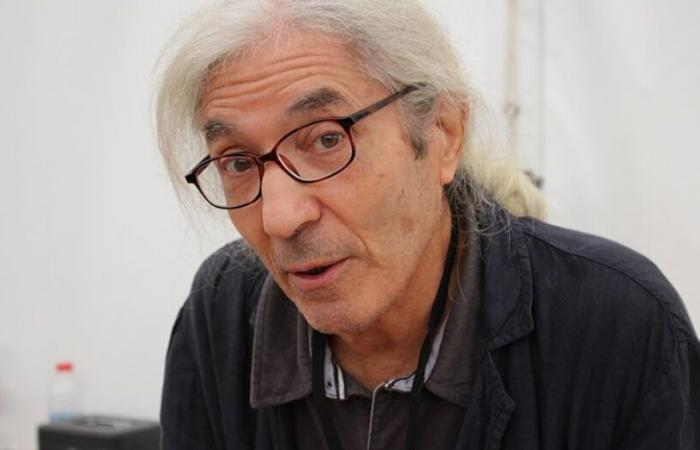The brutal arrest of the Algerian writer Boualem Sansal at Algiers airport, followed by his worrying disappearance, casts a harsh light on the autocratic drift of Abdelmadjid Tebboune’s regime. A former senior civil servant and renowned intellectual, Sansal, 75, embodies a firm opposition to obscurantism and repression, which seems to have sealed his fate in an Algeria where freedom of expression is muzzled.
Since his return to the country on November 16, Boualem Sansal has given no sign of life, causing great concern. The Algerian authorities, faithful to their characteristic opacity, have provided no explanation as to the reasons for his arrest or the conditions of his detention. This chilling silence reinforces the image of a repressive power, quick to silence any dissident voice, even when it shines beyond borders.
Prolific writer and winner of the Grand Prix du roman de l’Académie française in 2015 for 2084: The End of the World, Boualem Sansal wrote in a French language that he defended with passion. However, his works, widely celebrated in France, were systematically censored in Algeria. In his public positions, he bluntly denounced what he called a “mafia power”an oligarchy plagued by corruption and cronyism.
Read also: A $600 million contract to modernize Moroccan F-16s
Sansal did not hesitate to point out the rise in power of Islamists and Arabist currents, whom he accused of having infiltrated and supplanted the French-speaking Algerian elites. For him, this takeover, orchestrated in the shadows for decades, has become irreversible, anchoring Algeria in a conservative and authoritarian trajectory.
Systemic repression
The arrest of Boualem Sansal is part of a broader context of growing repression in Algeria. In December 2022, the director of Radio M and Maghreb Émergent, two independent media outlets, was arrested without notice, their premises placed under seal. These tough measures reflect a categorical refusal of any criticism of the regime.
However, by attacking Sansal, a respected and admired figure beyond Algeria’s borders, the regime seems to be taking a further step. This writer, often compared to a modern Solzhenitsyn for his fight against Islamism, also denounced international compromises. In particular, he criticized France for its leniency towards Algiers, despite blatant human rights abuses.






